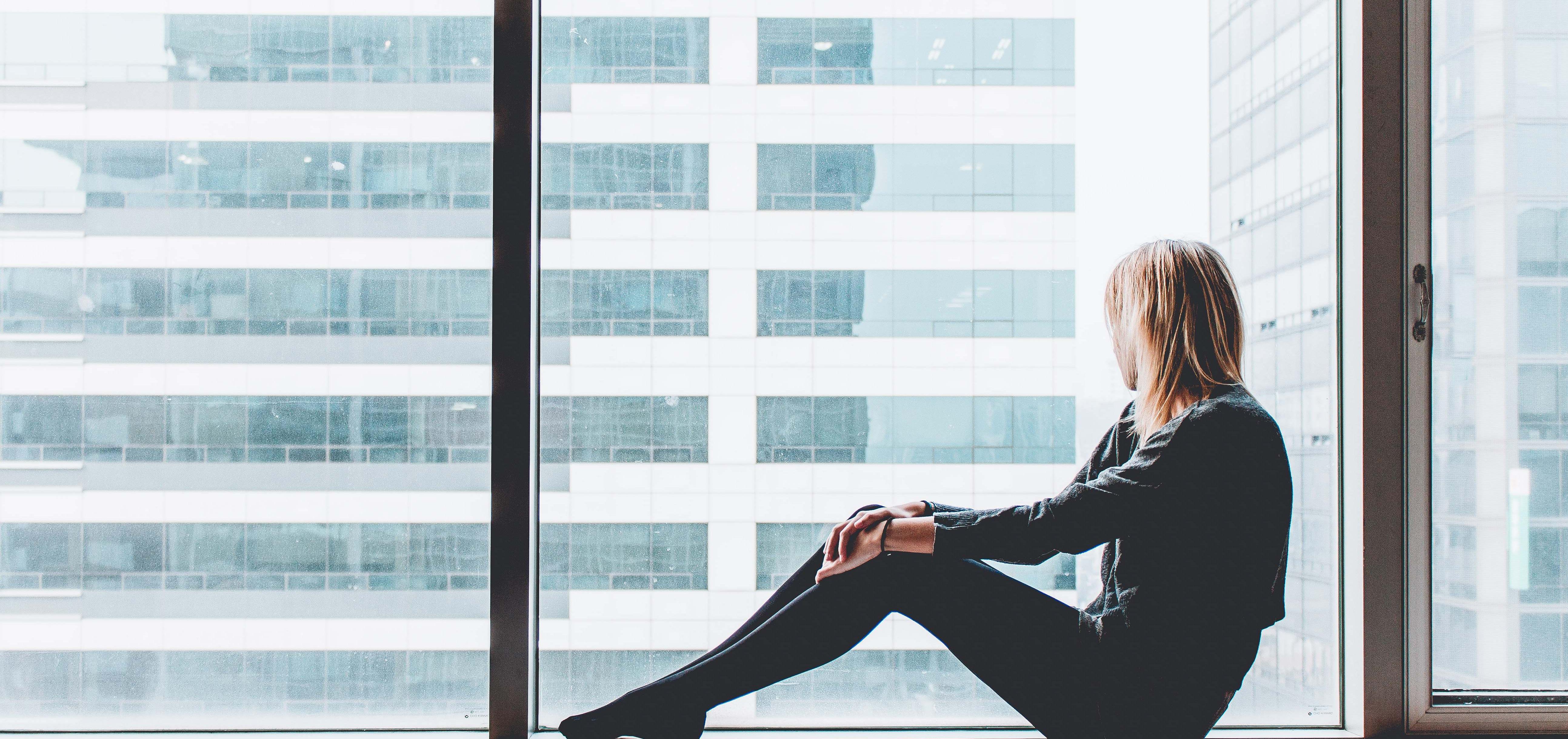
The Best Way to Get Through a Tough Day
Whenever I had a really demanding day at work, my instinct was always to power through it. Other than a quick bite at my desk for lunch I never took any breaks and I certainly didn’t waste time chitchatting with my colleagues.
Little did I know that I had it all wrong. According to research—yes, there is research about this kind of thing—taking breaks makes your more productive, not less.
Of course, not any old break will do. What you do and when you do it matters.
Here is a guide to truly restful, restorative and resilience-building downtime.
What Are You Waiting For?
Instead of holding off until the afternoon to take a break, research shows that taking frequent short breaks earlier in the day is a smarter way to restore mental and physical energy.
Unplug
Don't use breaks to check personal email, browse the internet, read the newspaper, or do anything that demands mental energy. Even though these activities are not technically “work” they are draining the very same cognitive resources you use when you are working.
Get Social
Recharge your battery by chatting with friends and colleagues during a break. According to research, engaging in face-to-face social interactions is more effective at reducing emotional exhaustion than looking at your smart phone.
Take A Walk
As tempting as it may be to sit back and watch funny cat videos at your desk during a break, you will get a greater energy boost from taking a walk around the block.
Make It Mindful
Take advantage of the “in-between” moments—the walk to the conference room, while waiting on line for coffee, the time before a presentation begins—to practice mindfulness and be present. Don’t succumb to the temptation to reach for your phone.
Meditate
A 10 to 20-minute meditation can work wonders to reduce stress and replenish mental reserves.
Samantha Boardman, M.D., a clinical Instructor in Psychiatry, Public Health and Assistant Attending Psychiatrist at Weill-Cornell Medical College, is the founder of PositivePrescription.com, a website that shares insights and explores the way that psychiatry, psychology, culture and science intersect. She cares more about what is right with people then what is wrong, and is always looking for the tweaks and changes that make a difference.
This post originally appeared on The Positive Prescription and is used here with permission.
You May Also Like
Want to Read More?
Access all of Twill Care’s content, community, and experts for free!
Already a member? Login
Want to Read More?
Access all of Twill Care’s content, community, and experts for free!
sign UP For FreeAlready a member? Login

